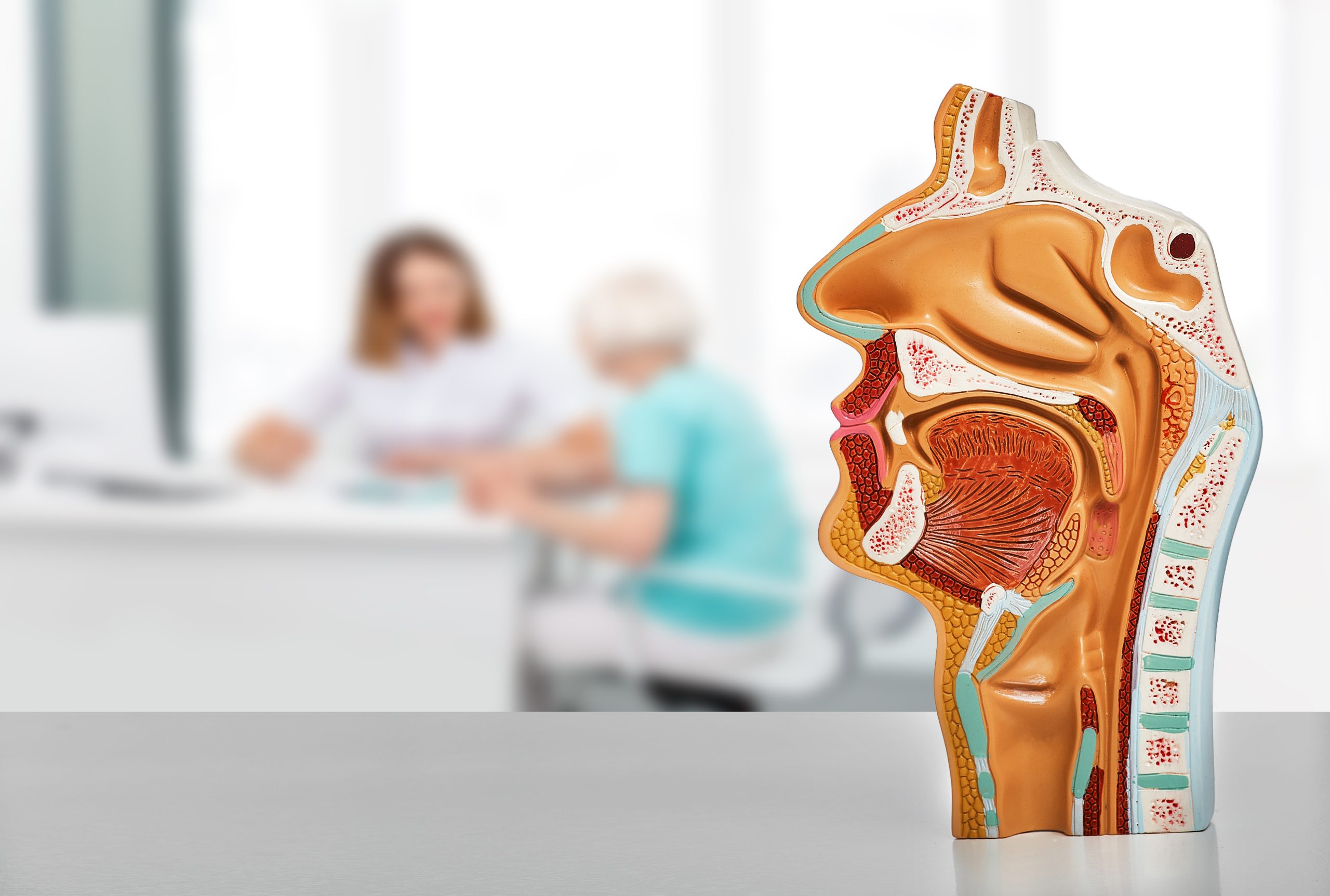

Tongue Sore That Doesn’t Heal – Causes, Diagnosis, and Treatment at Emirates Hospitals Group
At Emirates Hospitals Group, we understand that a persistent tongue sore can cause discomfort, difficulty eating or speaking, and may indicate an underlying health concern. While most tongue sores heal within a few days, a sore that doesn’t heal could be a sign of infection, irritation, or more serious conditions. Early diagnosis and appropriate treatment are essential for relief and preventing complications.
Causes of a Tongue Sore That Doesn’t Heal
Several factors can contribute to a persistent tongue sore, including:
- Trauma or Irritation – Biting the tongue, eating hot or acidic foods, or using rough dental appliances can cause sores that take time to heal.
- Aphthous Ulcers (Canker Sores) – Painful, round ulcers that develop on the tongue or inside the mouth, often linked to stress, hormonal changes, or vitamin deficiencies.
- Oral Thrush – A fungal infection caused by Candida overgrowth, leading to white patches and soreness on the tongue.
- Vitamin and Mineral Deficiencies – Low levels of vitamin B12, iron, or folic acid can cause persistent sores or a burning sensation in the tongue.
- Lichen Planus – A chronic inflammatory condition affecting the mouth, causing white patches and painful ulcers on the tongue.
- Leukoplakia – Thick, white patches on the tongue caused by chronic irritation, often linked to smoking or alcohol use. Some cases require monitoring for potential cancerous changes.
- Oral Cancer – A sore on the tongue that does not heal within two weeks, especially if accompanied by pain, bleeding, or a lump, may indicate oral cancer and requires immediate medical evaluation.
- Viral Infections – Conditions such as herpes simplex virus (cold sores) can cause recurrent, painful ulcers on the tongue.
- Autoimmune Disorders – Diseases like lupus or pemphigus vulgaris can cause chronic mouth sores, including on the tongue.
Diagnosis of a Tongue Sore That Doesn’t Heal
A thorough evaluation by a healthcare professional at Emirates Hospitals Group is essential to determine the cause of a persistent tongue sore. Diagnostic methods may include:
- Medical History and Physical Examination – Assessing symptoms, lifestyle habits, and potential triggers.
- Blood Tests – Checking for vitamin deficiencies, infections, or autoimmune disorders.
- Biopsy – If a sore does not heal or appears suspicious, a small tissue sample may be taken for further analysis to rule out oral cancer or other serious conditions.
- Swab Tests – If an infection is suspected, a sample from the sore may be tested for bacterial, viral, or fungal causes.
Treatment for a Tongue Sore That Doesn’t Heal
The treatment approach depends on the underlying cause. At Emirates Hospitals Group, our specialists develop a personalized treatment plan that may include:
- Oral Hygiene Improvements – Using a soft-bristled toothbrush and avoiding irritants such as alcohol-based mouthwashes or spicy foods.
- Medications – Antifungal medications for oral thrush, antiviral drugs for herpes sores, or anti-inflammatory treatments for conditions like lichen planus.
- Nutritional Supplements – Addressing vitamin and mineral deficiencies to promote healing.
- Lifestyle Modifications – Quitting smoking, reducing alcohol consumption, and avoiding foods that trigger irritation.
- Pain Management – Using prescribed mouth rinses, gels, or over-the-counter pain relievers to reduce discomfort.
- Surgical Intervention – If a biopsy confirms a precancerous or cancerous lesion, further treatment may be required.
If you have a tongue sore that does not heal within two weeks, it is important to seek medical evaluation at Emirates Hospitals Group for a prompt diagnosis and appropriate treatment.
Related Treatments
Request an appointment
Please complete the details and we will book you shortly.
